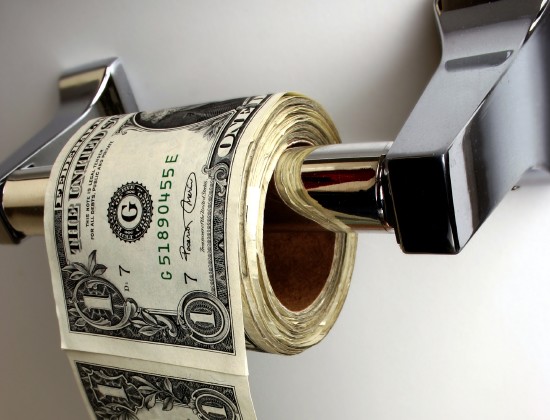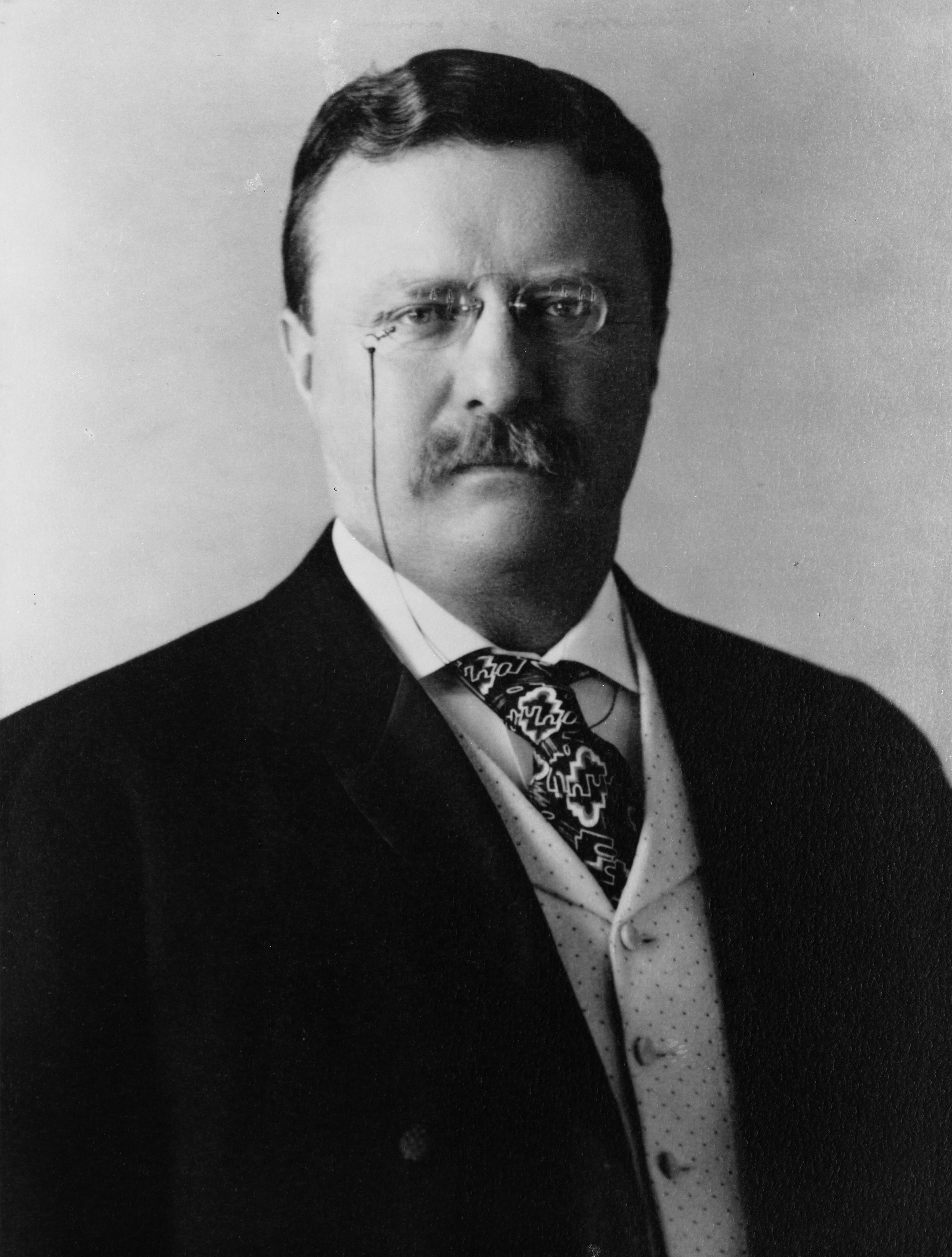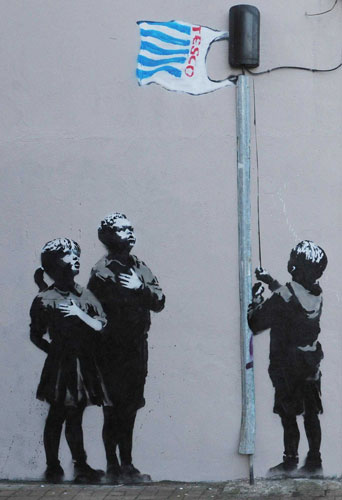
28th. February 1953
Dear Professor Lederberg,
Dr. Clive Spicer, who recently spent some time under you, has informed me that there might be a vacancy in your department for a graduate English student.
Such a project interests me very much and I would, if it is still open, like to offer myself as a possible candidate. Would you be so ‘kind as to let me have some further details about it?
A. Bernstein
—
Thus began my American Story.
In 1953 my father bridled under the strains of life in post-war England. He had trained for a career in medicine, but after years as a corpsman during the Battle of Britain he had seen too much death. He had administered last rights in muted voice too many times and for too many faiths to ever face a career of dealing with patients, so he settled for research and teaching.
The post-war years had already taken him around the formerly occupied countries of Europe to help rebuild the medical establishment and treat the distressingly high rates of fevers and infections. He was released from service in 1948 after service as Emergency Lieutenant, War Substantive Captain, Substantive Captain, and finally mustered out in 1959 as Captain, the rank he carried to his death. The rank he would much rather never had taken.
My father, to put it direct, was eager, no fast, to get out of Britain and her post-war shock of austerity and deprivation. He had suffered already too much of that. Many tales are told of the Brits steadfastness and stolidness, in the face of Hitler’s unending siege, and indeed my father had witnessed his own home being destroyed by a V2 “buzz-bomb” and the virtually complete destruction of his country’s financial system. He wanted out, and NOW. He was tired of the straight jacket that England had become for him. He wanted the dream, the dream that had motivated so many emigrants from so many countries who flocked to the United States in those years.
I am having a little difficulty at present with the Bank of England in trying to arrange for the transfer of some of my Sterling assets to the U.S. I think that they will agree but time is running rather short…
The British were loath to let their citizen’s hard assets leave their shores. Indeed my mother, in 1977, fully 14 years after his emigration, had to fight to get the last of his bank notes released.
But I digress. Dad did get out, and he came to America, and met my mother in that lab in Madison, and they wed in December of 1954 and moved back to England when my father’s visa expired in 1955. They started a family, bought a modest semi-detached home, and finally, in 1963, moved back to the United States when he got a position at Marquette University.
On June 20, 1968, one day after his 46th birthday (I have just turned 46, so this is significant to me), and just two weeks after Bobby Kennedy’s assassination, my father received his naturalization papers from this United States, his United States – He was a Citizen of these United States! He celebrated the fourth of July that year with an uncharacteristic enthusiasm.
He voted that November 4th for Hubert Humphrey. A Labour Party regular all his life in England he could not have done otherwise.
My own political awakening, born in 1968 when my parents hosted Students for McCarthy, came into its fullness in 1972 with the campaign of George McGovern. I was young, only 10 years old on election night, but I was a dedicated foot-soldier for McGovern, having distributed thousands of pieces of literature for him in some of the toughest wards of the city.
I still remember that election night, sitting in the local McGovern headquarters on Oakland Ave. and watching the polls come in.
I must digress here for a moment. Many of my friends these days know that I always watch the polls come in. For many reasons this is a remnant of that first election night I witnessed. I implicitly trust the democratic system, but I equally implicitly distrust the physical manifestation of that system.
My father came to the McGovern office at 8:00 to collect me and take me home. The next day was a school day and I could not be allowed to stay up all night. I was reluctant to go, to say the least, but I did.
In the car, on the way home, I looked at my dad and asked if he had voted. “Yes,” he said. ” Who for?” I demanded. He paused. “Nixon,” he said. “How could you do that, Dad?!? You know how hard we all worked on the McGovern campaign. How could you?”
“For once in my life,” he said, “I wanted to vote for a winner.”
We never spoke of this again.
—
In the summer of 1974 we were camping in Indiana when Richard M. Nixon resigned the presidency of the United States of America. The first ever to do so. My mother couldn’t wait to call her brother John who had been a big organizer for Nixon in his home state of Virginia. I just had to sidle on up to my dad and …
… and say nothing. I wanted to ask him how he thought about his winner now, but I knew how he felt, and he didn’t need his snot-nosed kid to rub it in.
—
I am listening to Bruce Springsteen sing “Born in the USA” on the Hi-Fi right now. I can always appreciate that song even if I cannot identify with it. I was not born here, but this is my country as surely as it was my father’s, or my maternal grandfather’s – a seventh generation American.
Much has been made this year of early voting, and I have endured innumerable entreaties to vote early myself. I have done this in previous elections, but I shall not, will not, this year. This Tuesday, November 4th, marks the 40th anniversary of my father’s first vote as a naturalized American citizen. On that day I will cast my own ballot, proudly, for another son of an immigrant. And I will smile at my father’s memory, for I know that he would have voted the same way – for a winner.







